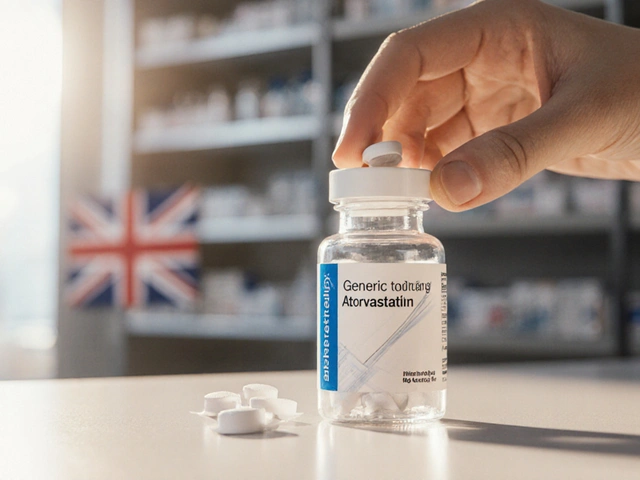Omega-3: Benefits, Sources & How to Choose the Right Supplement
Omega-3 fatty acids are a small group of essential fats that your body can’t make on its own. That means you have to get them from food or a supplement, and they play a big role in keeping your heart, brain, and joints healthy.
Why Omega-3 Matters
First off, omega-3 helps lower triglycerides, the type of fat that can clog arteries. Lower triglycerides mean a lower risk of heart attacks and strokes. Second, these fats are building blocks for brain cells, so they support memory, mood, and even eye health. Third, many people notice less joint stiffness when they add omega-3 to their routine, thanks to its anti‑inflammatory properties.
Research also shows that a regular intake can improve sleep quality and may ease symptoms of depression. The key is consistent dosing – short bursts won’t give you the same results as daily use.
Getting Enough Omega-3 in Your Diet
The richest natural sources are fatty fish like salmon, mackerel, sardines, and anchovies. A 3‑ounce serving of cooked salmon provides about 1,500 mg of EPA and DHA, the two most active forms of omega-3. If you don’t eat fish often, try canned options or fish oil capsules. Plant‑based eaters can turn to flaxseeds, chia seeds, and walnuts, which contain ALA – a precursor that the body converts into EPA and DHA at a modest rate.
To hit the commonly recommended 500‑1,000 mg of combined EPA/DHA per day, aim for two servings of fatty fish each week or a daily supplement. Check the label: a quality fish oil capsule should list the exact EPA and DHA amounts, not just total oil.
When choosing a supplement, look for a product that is molecularly distilled to remove heavy metals and other contaminants. Third‑party testing seals (like USP or NSF) add an extra layer of trust. If you’re vegan, algae‑derived omega-3 provides DHA and sometimes EPA without any fish.
Typical dosages range from 1,000 mg to 2,000 mg per day for general health, while higher amounts (up to 4,000 mg) may be advised for specific conditions under a doctor’s supervision. Split the dose with meals to improve absorption and reduce fishy aftertaste.
Side effects are rare but can include mild gastrointestinal upset or a temporary fishy burp. If you’re on blood thinners, talk to your doctor first because omega-3 can mildly thin the blood.
Bottom line: Get omega-3 from real foods whenever you can, and add a reputable supplement if you fall short. Consistency, clean sourcing, and the right dosage are the three pillars that make omega-3 work for you.
Ready to boost your health? Grab a bottle that lists EPA/DHA, check for third‑party certification, and start with a modest daily dose. Keep an eye on how you feel and adjust as needed – your heart, mind, and joints will thank you.
Discover how Chenopodium oil can upgrade your meals, support heart and skin health, and bring a natural dose of omega‑3s to your daily diet.
Recent-posts
Categories
Tags
- online pharmacy
- side effects
- drug interactions
- generic drugs
- online pharmacy UK
- drug safety
- opioid side effects
- pill organizer
- Tadalafil
- arthritis medication
- buy medication online
- prescription medication
- quit smoking
- motion sickness
- Sildenafil
- Vardenafil
- ED medication alternatives
- biologics
- medication safety
- generic medication prices






